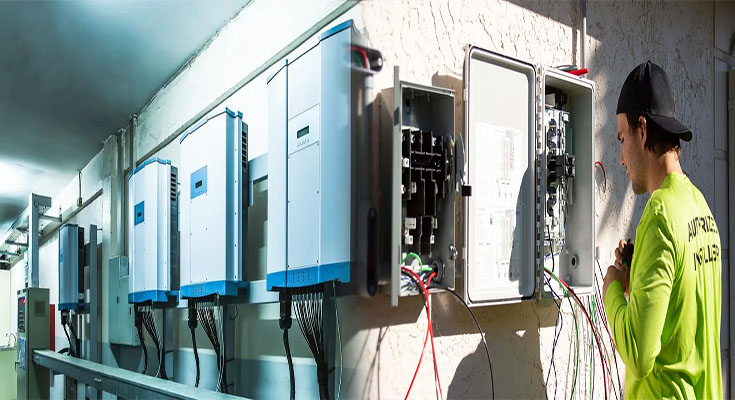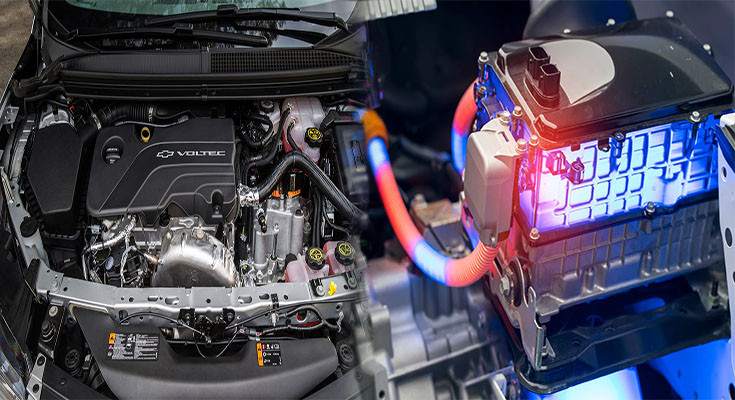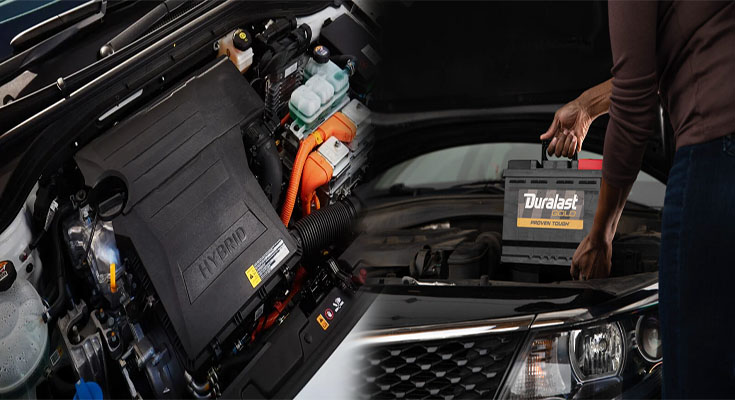
Best Solar Battery Backup System for Home
Solar energy has gained significant popularity as a clean and renewable energy source for residential homes. With advancements in solar power technology, homeowners can now take advantage of solar battery backup systems to store excess energy generated by their solar panels. These systems offer several benefits, including increased energy independence, reduced reliance on the grid, and backup power during grid outages. In this article, we will explore the best solar battery backup systems available for home use, considering efficiency, reliability, and ease of use.
Factors to Consider
When choosing the best solar battery backup system for your home, it is important to consider several factors, such as:
- Battery Capacity: The capacity of the battery is an essential consideration. It determines how much energy the battery can store and for how long it can provide power during an outage. The capacity required will depend on your energy needs and the





